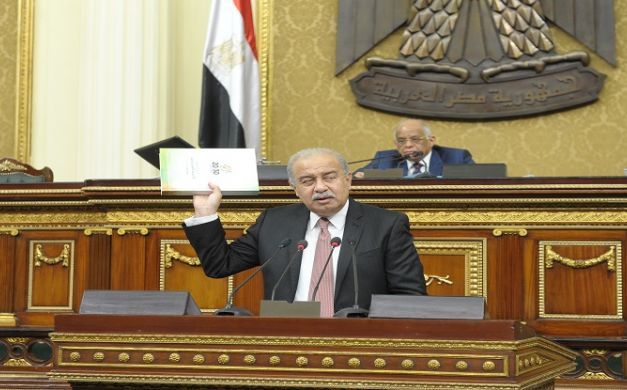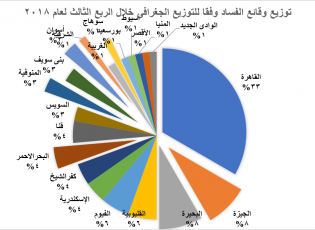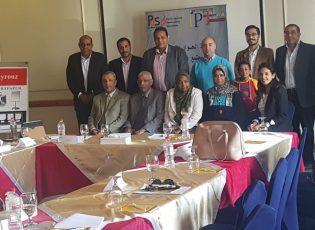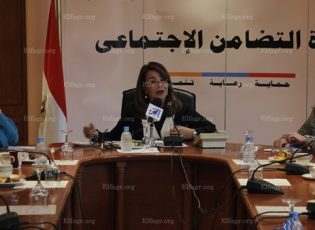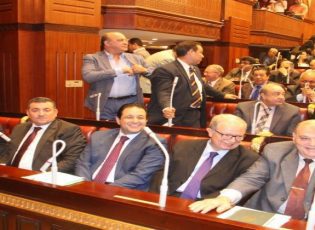Criticizing reactions to Eng. Sherif Ismail's government statement in front of Parliament continued on Sunday, as a number of jurists criticized what they called the prime minister's disregard for talking about combating corruption and defining clear mechanisms to deal with this problem. They also criticized the government's absence of the government's stance on civil society and NGOs, and how to advance In this sector.
Need a clear time plan
Alaa Ghanem, the health file official at the Egyptian Initiative for Personal Rights, said that the statement was a discussion of public policies that did not contain details about the government's plan regarding the health file.
He added in statements to “Masr Al-Arabia” that the statement within the framework of public policies is “acceptable”, especially in light of his discussion of some important files such as the health insurance law, the development of 110 hospitals, the fight against hepatitis, and the targeting of the poorest segments of society with health care.
He explained that everyone needs an implementation plan in a clear and specific time regarding the implementation of those programs that the government spoke about in its statement.
Structural fight against corruption
Walaa Gad, Director of the Partners for Transparency Center, described the government's talk about fighting corruption as “constructive,” considering that the statement repeated the conversation within Egypt's 2013 strategy, stressing that it was supposed to be about the government’s program within 4 years, which was not Not clear, he said.
He pointed out that the statement regarding the fight against corruption was unclear and insufficient, especially as it required a package of legislation and a change in laws, especially the penal code and the laws of oversight bodies, the issuance of a law for the protection of witnesses and whistleblowers, and the establishment of an anti-corruption commission, but the statement did not address any of that.
He emphasized that the letter should have clarified to what extent the government is serious about combating corruption, but it came to confirm that the government did not have a clear program about that.
And he stressed that the statement lacked details, commenting: “We needed to deviate from the policy hints that the government relies on in its speeches and to be more exposed to details,” explaining that as long as the government’s term of office was linked to Parliament for 4 years, it was assumed that its speech was timed about The legislation that you will present and the solutions and steps that will take place on the ground.
Loose logos
For his part, Safwat Gerges, Director of the Egyptian Center for Human Rights, considered that the statement was dominated by loose slogans and the absence of systematic work, and he presented promises and figures that the government will not be able to fulfill in light of the challenges facing society.
He pointed out that most of those promises were about high prices and a decline in tourism in exchange for a rise in the dollar and an attempt to abide by the implementation of the World Bank's conditions for obtaining the loan, which would be reflected in the limited income and the government's inability to meet their aspirations.
Gerges commented, saying that the state evaded talking about the civil associations law in proportion to the role of civil society, instead of treason and accusations of employment, and also evaded local elections, explaining that as soon as the government of Eng. Sherif Ismail announced the holding of local elections at the end of 2016. It will be in the first quarter of 2017, which paves the way for elections without being bound by a timetable in which those failing to hold them can be held accountable.
The Prime Minister, Sherif Ismail, presented the government’s statement yesterday before the House of Representatives, which included 7 axes, namely preserving Egyptian national security, consolidating and strengthening the democratic structure, vision and economic program, social justice and services that the government will provide to citizens, developing the sectors of industry, agriculture and trade, and administrative reform of the state. And to achieve transparency and integrity, and to emphasize the role of Egypt at the Arab and international levels.
Short link: https://pfort.org/en/?p=848

